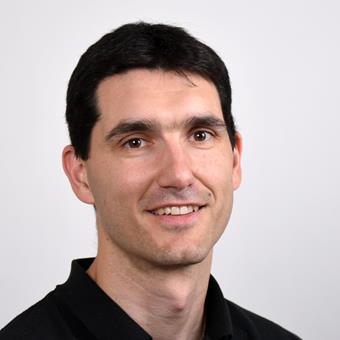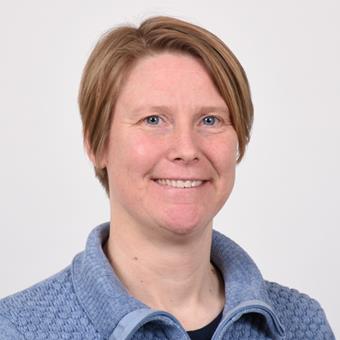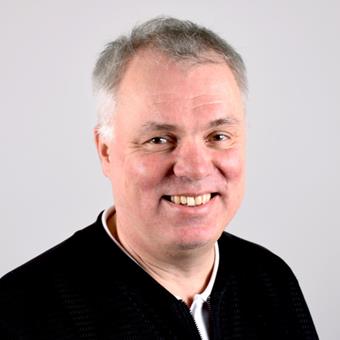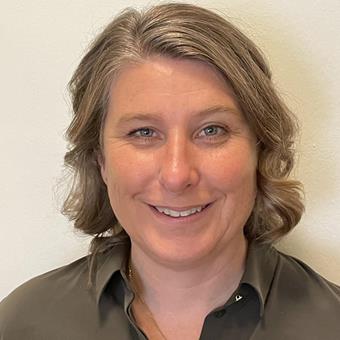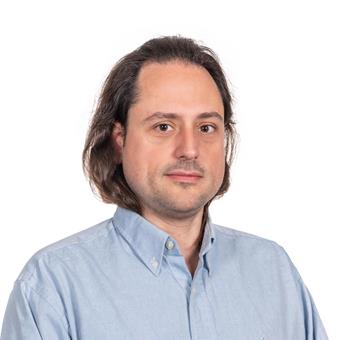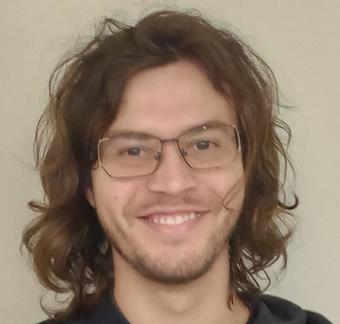Fluid and Mechatronic Systems (FLUMES)
The Division of Fluid and Mechatronic Systems is part of the Department of Management and Engineering and carries out research and education in fluid power systems and aeronautics.
News
Education and teaching
Fluid power systems and aircraft design
We offer courses in fluid power systems and aircraft design at both basic and advanced levels. We are the only university in Sweden that gives advanced courses in fluid power systems.
We give courses in fluid power systems and aircraft design at both basic and advanced levels to around 300 engineering students each year.
Our undergraduate courses are taken mainly by students in mechanical engineering. We provide the most comprehensive education in fluid power systems, with the possibility of specialisation at the advanced level.
It is also possible to carry out a thesis project within the subjects mechatronics, fluid power systems and aircraft design, either in a company or within our laboratory.
We are the only university in Sweden that gives advanced courses in fluid power systems.
Research
We have the largest university laboratory for fluid power systems in Sweden. Key words for our research are efficiency and system dynamics.
We carry out research in close cooperation with industry and other research groups. Every fourth year we organise the Scandinavian Conference in Fluid Power (SICFP), one of the largest fluid power conferences in Europe.
Latest publications
2026
 Continue to DOI
Continue to DOI
2025
 Continue to DOI
Continue to DOI
 Continue to DOI
Continue to DOI
 Continue to DOI
Continue to DOI
 Continue to DOI
Continue to DOI
 Continue to DOI
Continue to DOI




